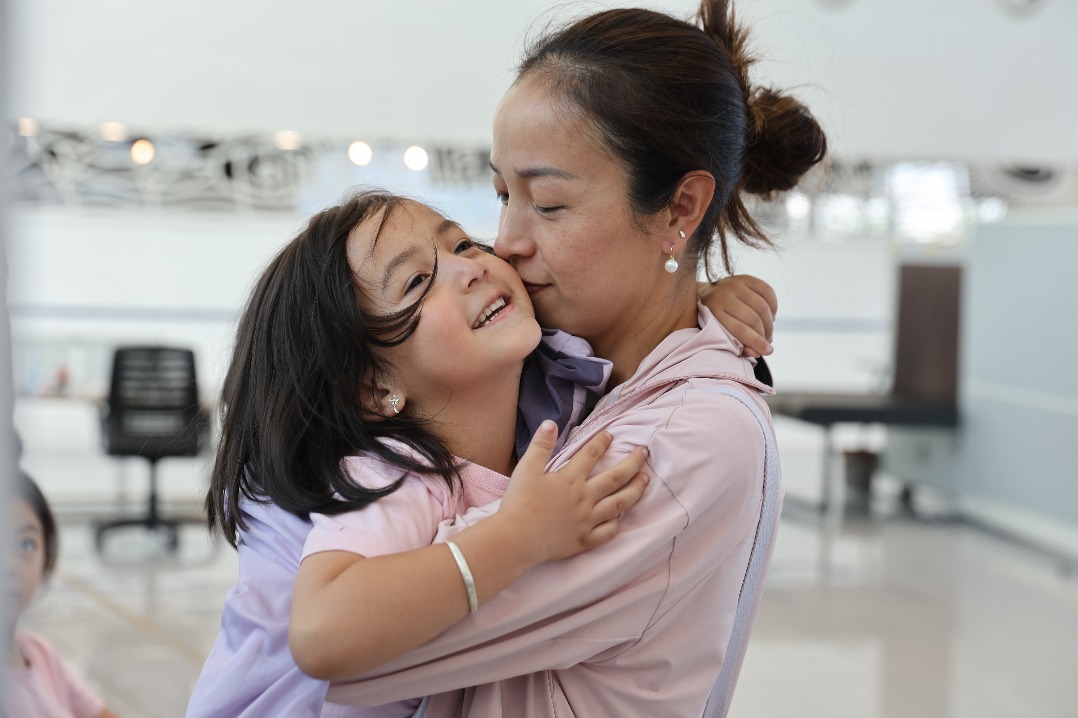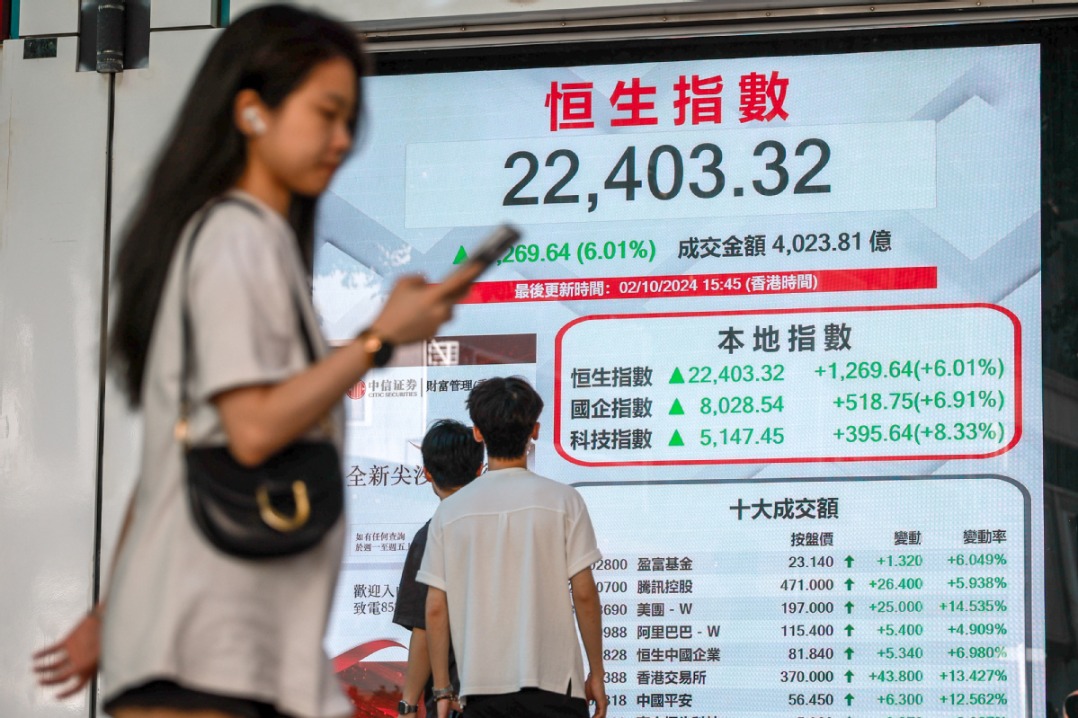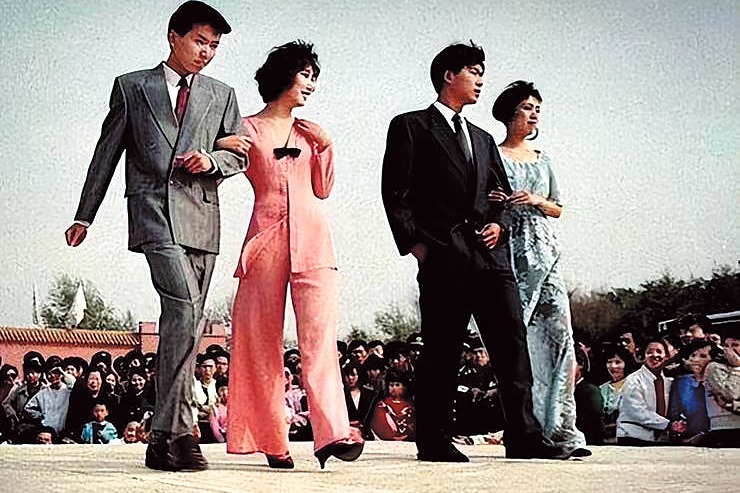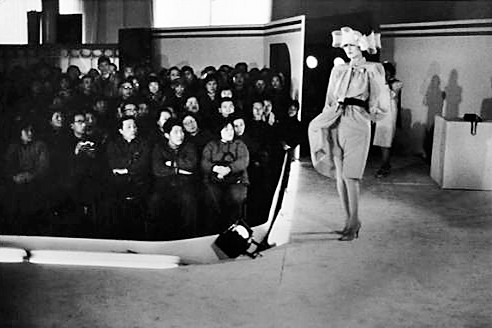The future of medicine with digital and intelligence tech

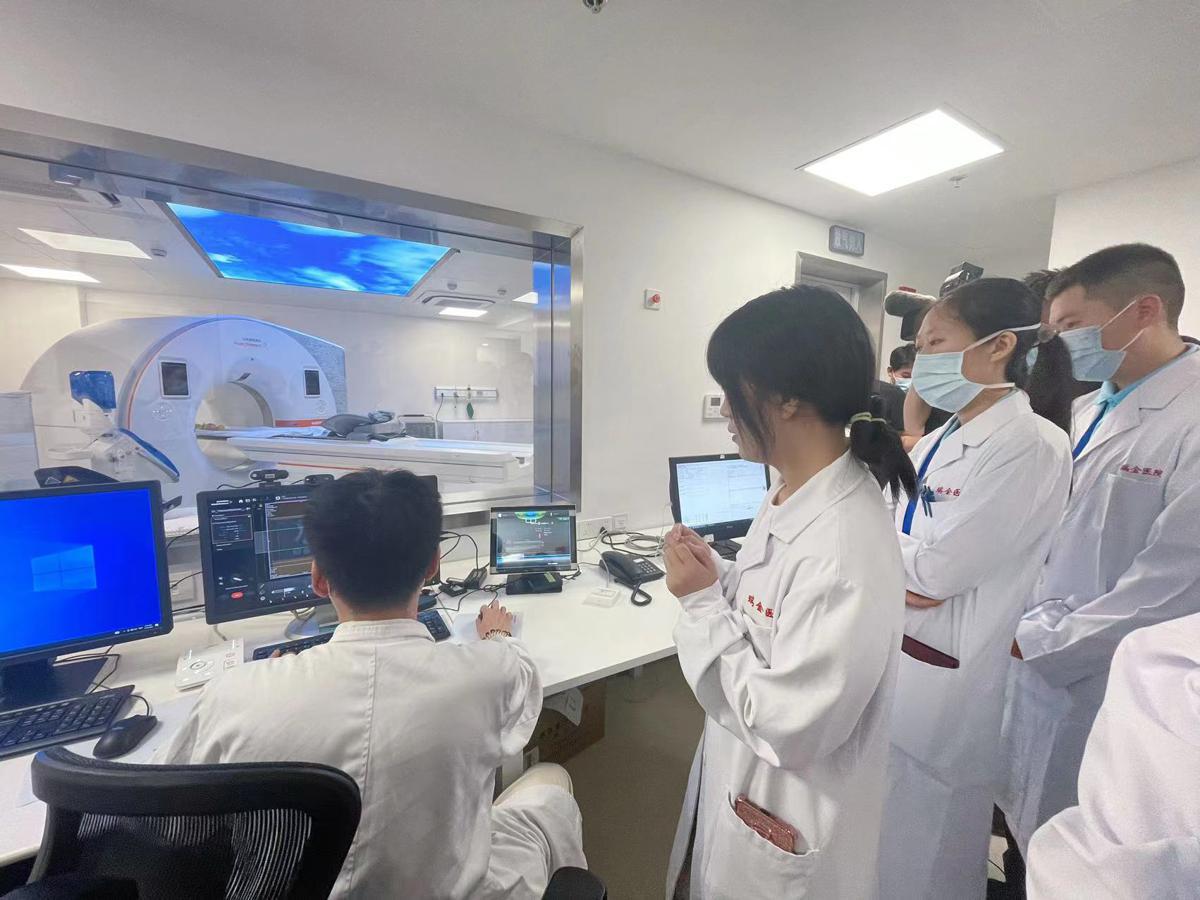
Shanghai Ruijin Hospital held the 11th Medical Experience Camp on Tuesday, welcoming dozens of senior high school and university students who aspire to become medical workers in the future to take a glimpse of how digital and intelligence technologies are assisting in medical treatment.
They toured the prestigious hospital's departments of hepatobiliary surgery, gastroenterology, radiology, breast surgery, and pathology, as well as the proton therapy center, which can provide more precise cancer treatment. They were shown by clinical healthcare workers how smart technologies, such as artificial intelligence, are helping doctors throughout physical examination, diagnosis, patient monitoring, and surgical operations.
At the radiology department of the hospital affiliated with Shanghai Jiao Tong University School of Medicine, the participants witnessed how the most advanced CT scan equipment helped doctors obtain medical images with a more accurate spatial resolution and how artificial intelligence-powered software was used in doctors' daily work to assist in the reconstruction of medical imaging and making diagnoses.
For example, in the identification of lung nodules in a CT scan, each patient will produce 200 to 300 images of sections, and a doctor will need to spend at least five minutes going through all of them, said Wang Mengzhen, a resident at the hospital's radiology department.
"AI can help doctors work more efficiently. The software can mark all the nodules so that the missed diagnosis rate will be kept very low. Moreover, different colors will be used by the software to mark the degree of risk of different nodules," she said, adding that the final determination of whether the nodules pose health risks still needs to be made by doctors.
At the breast surgery department, the camp participants were told that the department had established a comprehensive diagnosis and treatment system with the help of digital healthcare technologies.













